Farmer with a disability defies hunger and inspires change in Karamoja
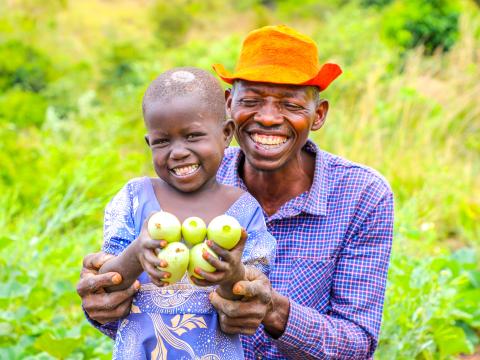
In the hilly terrain of Abim district, Karamoja region, 39-year-old Babodmas stands as a testament to hope and resilience. Karamoja is one of Uganda's most food-insecure regions, with over 400,000 people facing severe acute food insecurity every six months, according to the Uganda: Acute Food Insecurity Situation Report (March–July 2024). For families like Babodmas where the breadwinner lives with a disability, the odds are even steeper. Yet, on a small piece of land located among the shrubs and slopes, Babodmas and his family have cultivated a solution to hunger.
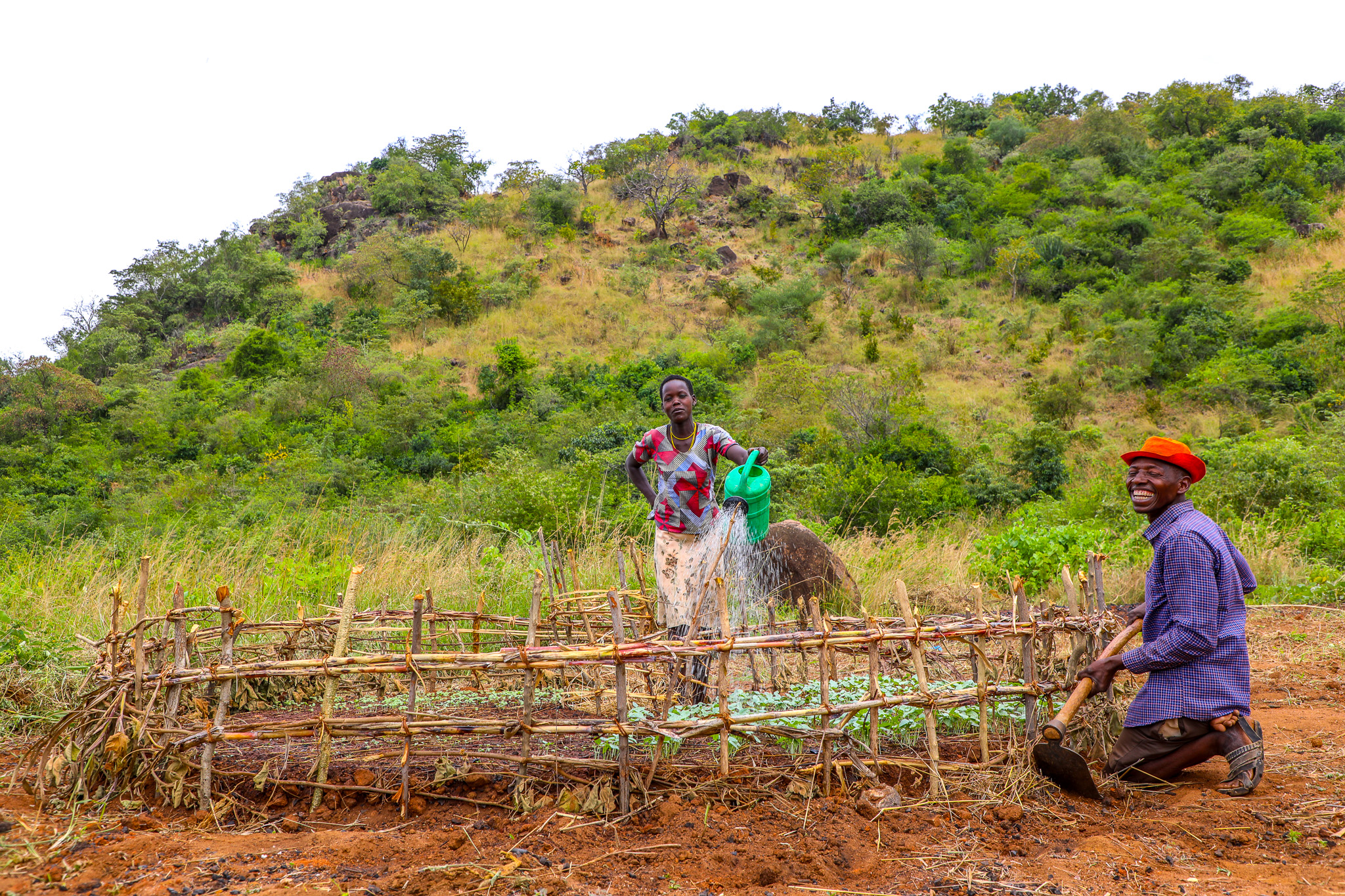
In 2022, Babodmas attended a training session under World Vision’s NOURISH project. The initiative, which has empowered 1,500 smallholder farmers in Karamoja, provided training in climate-smart agriculture, kitchen gardening, post-harvest handling, food preservation, and savings for transformation.
Initially hesitant, Babodmas now reflects with gratitude, saying, “I didn’t want to be part of the training. To this day, I thank God I took part in all the sessions.” Inspired by the training, Babodmas mobilised his family to apply the new techniques. On their 40-by-40-meter plot, they tilled every inch of soil, planting vegetables and staple crops like sorghum and sweet potatoes.
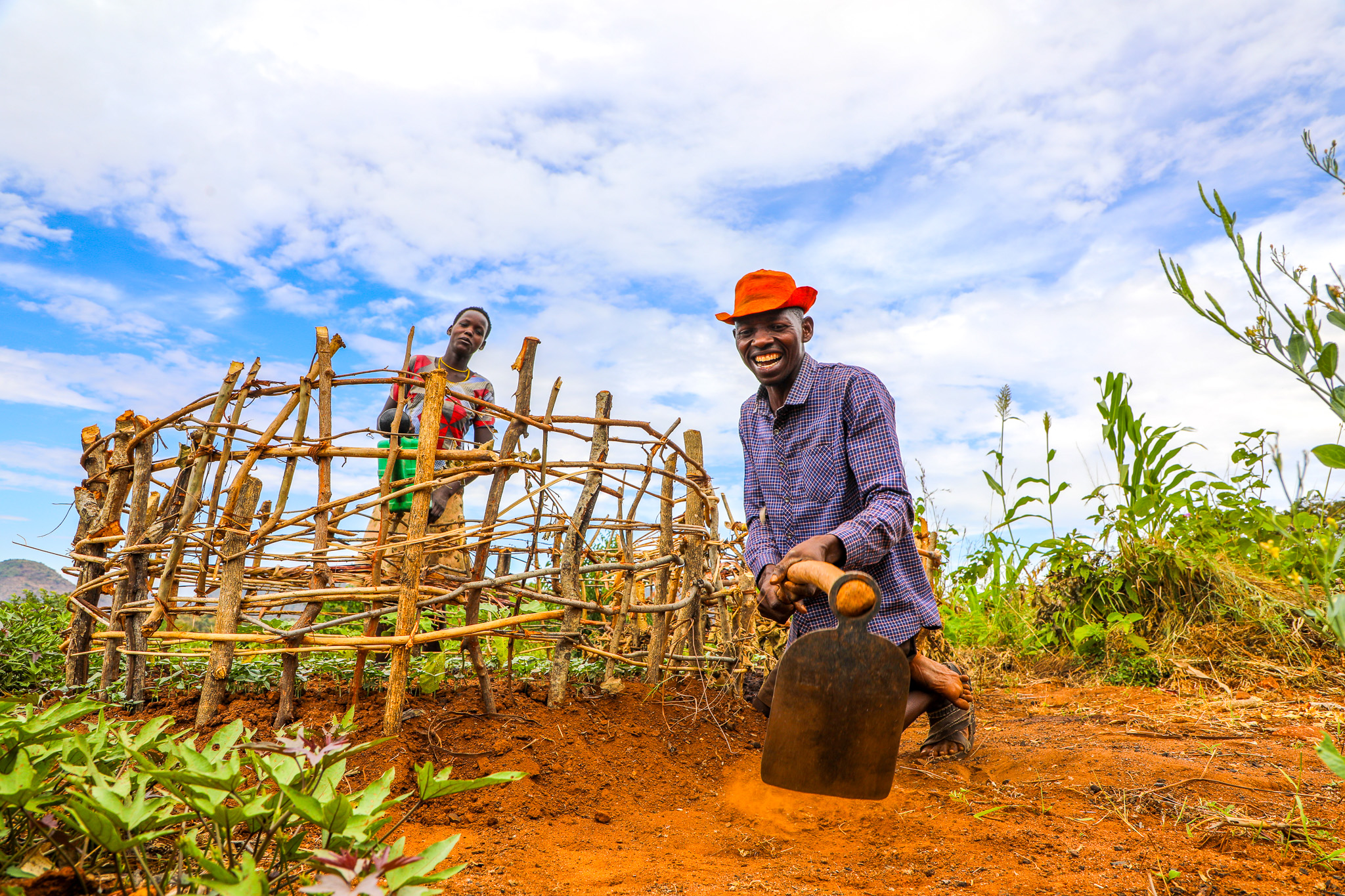
The result was a bumper harvest that not only fed the family but also provided surplus food to store for the dry season. “For the first time, I had enough food to last through the four-month dry season,” Babodmas proudly shares. With his confidence bolstered, Babodmas set his sights on a larger piece of land. Despite scepticism from community members who doubted his ability to manage the workload, he was undeterred. “The more they discouraged me, the more determined I became to prove them wrong,” he says.
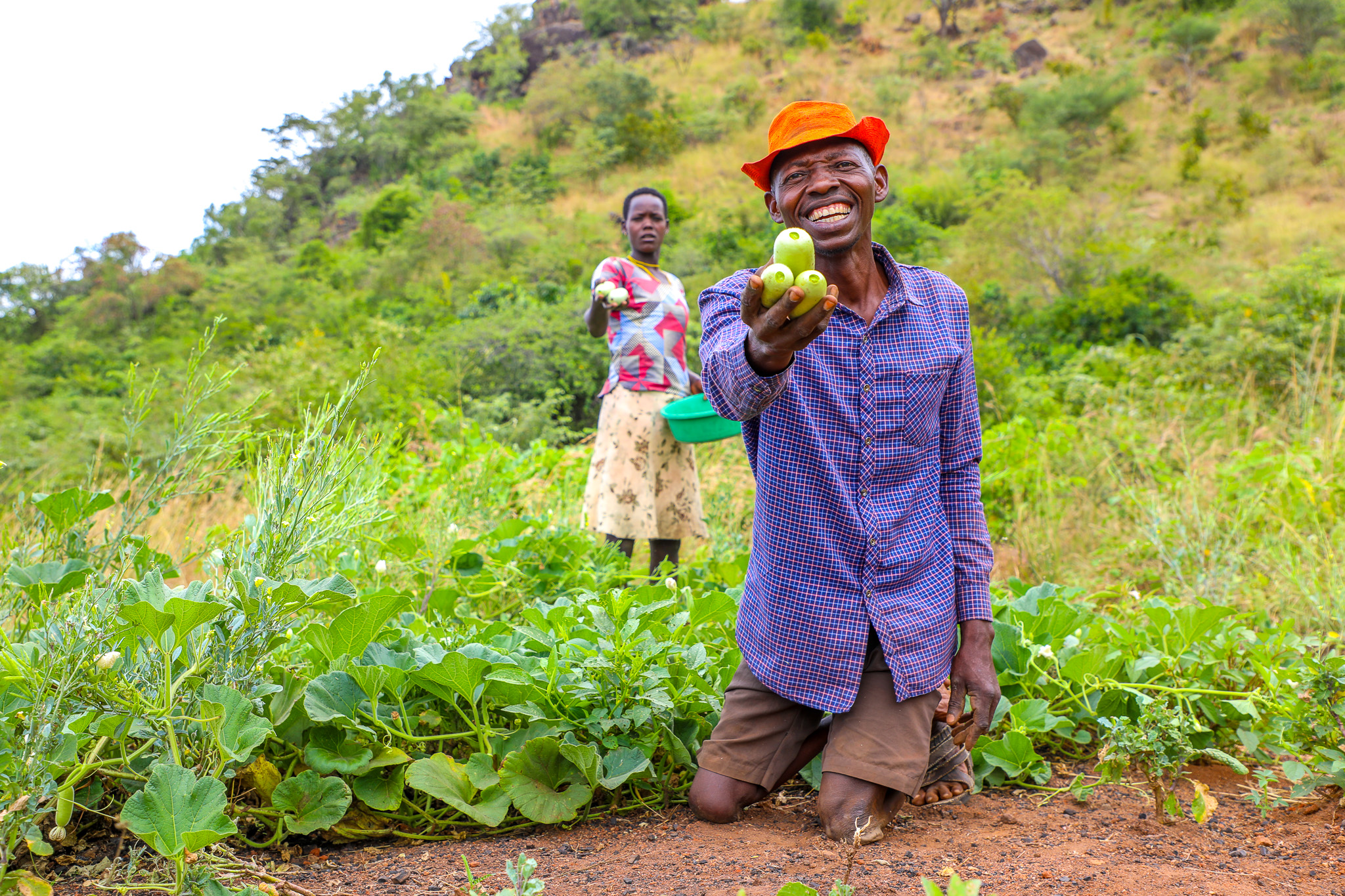
Supported by his family, Babodmas cleared the new plot and implemented advanced farming techniques he learned through the NOURISH project.
Pin-hole kitchen gardens were set up for vegetables, while sweet potatoes and sorghum were cultivated on a larger scale. At the end of the season, the harvest exceeded expectations once again. Babodmas's wife, Esther, sold surplus produce to buy essentials like cooking oil, soap, and clothing. Their children, who once faced hunger, now enjoy regular meals and the freedom to attend school.
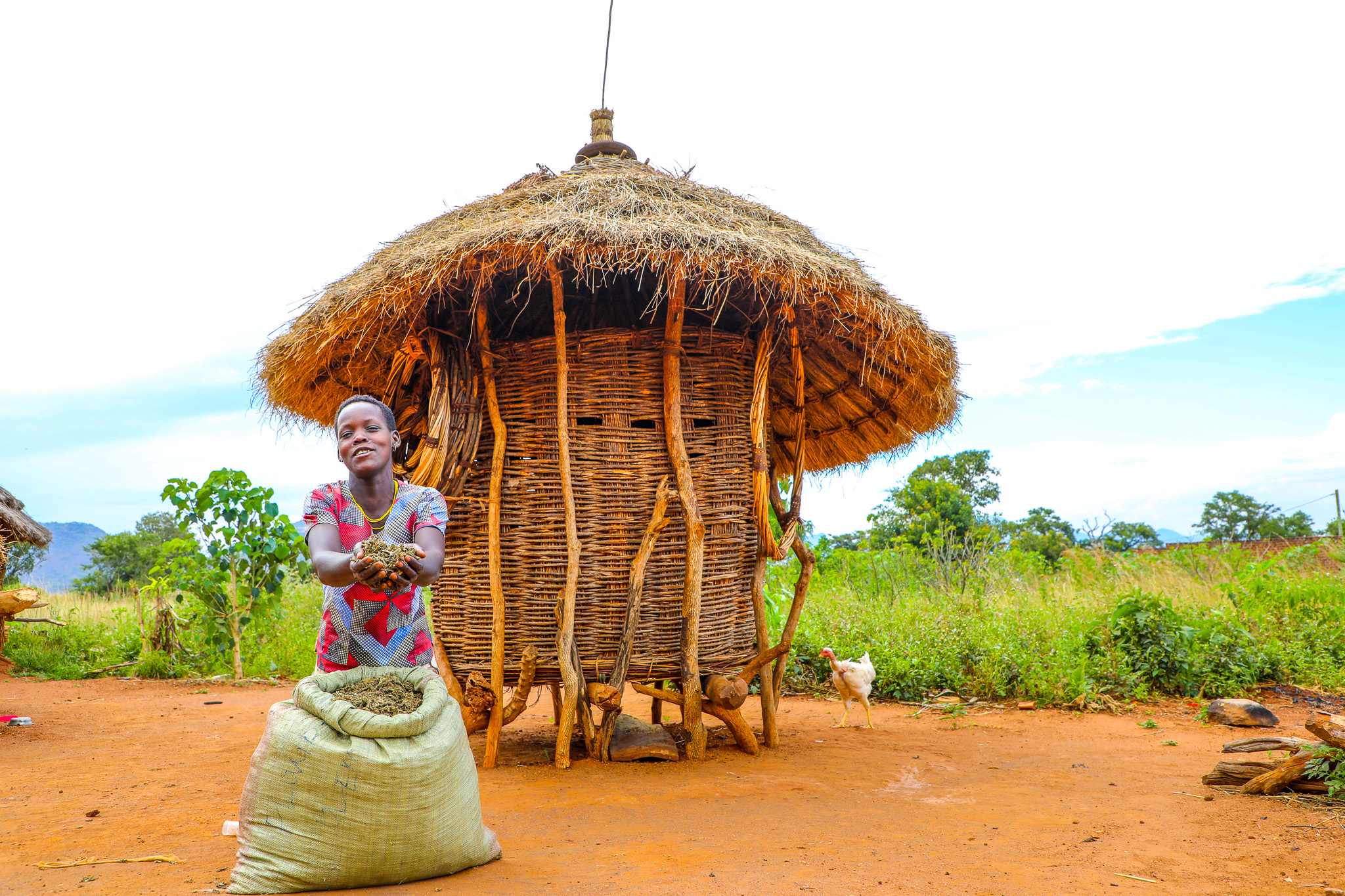
“Now that we have food, I can happily go to school and play,” says Peace, the couple's 7-year-
old daughter. “I never want to go back to the days we didn’t have food. We could eat just one
meal a day or sometimes go without food.”
Today, Babodmas has become a learning hub where neighbors come to see the results of his
efforts and to adopt similar practices. “Disability is not inability,” Babodmas asserts. “When I hold my hoe to work, I believe those without disabilities should be encouraged to work even harder.”
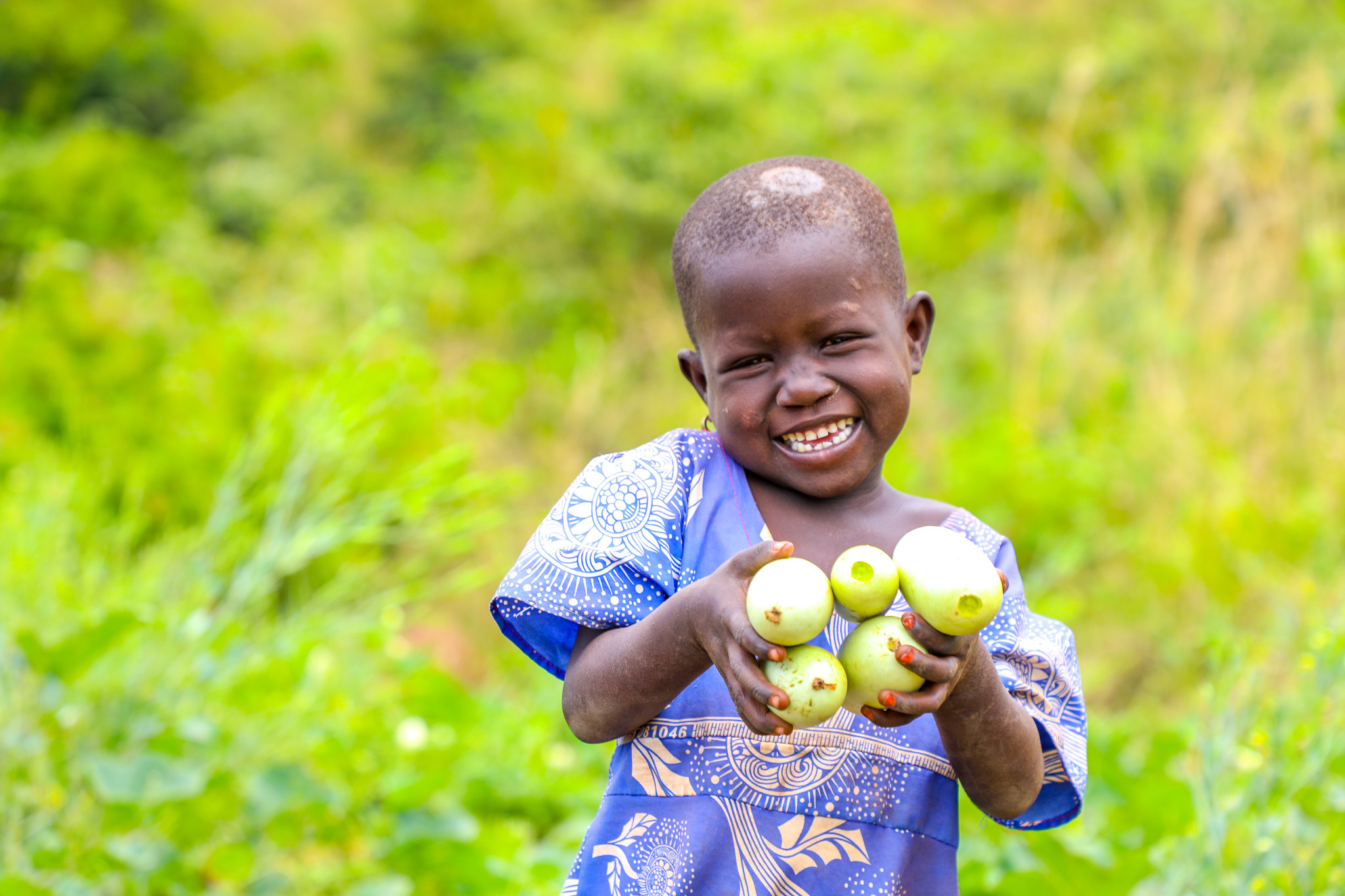
The NOURISH project has not only empowered Babodmas and his family but also ignited a
movement to combat hunger and malnutrition in Karamoja. By equipping farmers with skills and
fostering resilience, the project has sown seeds of hope across the region.
By: Mungu Jakisa Brian, Communications Officer, World Vision Uganda